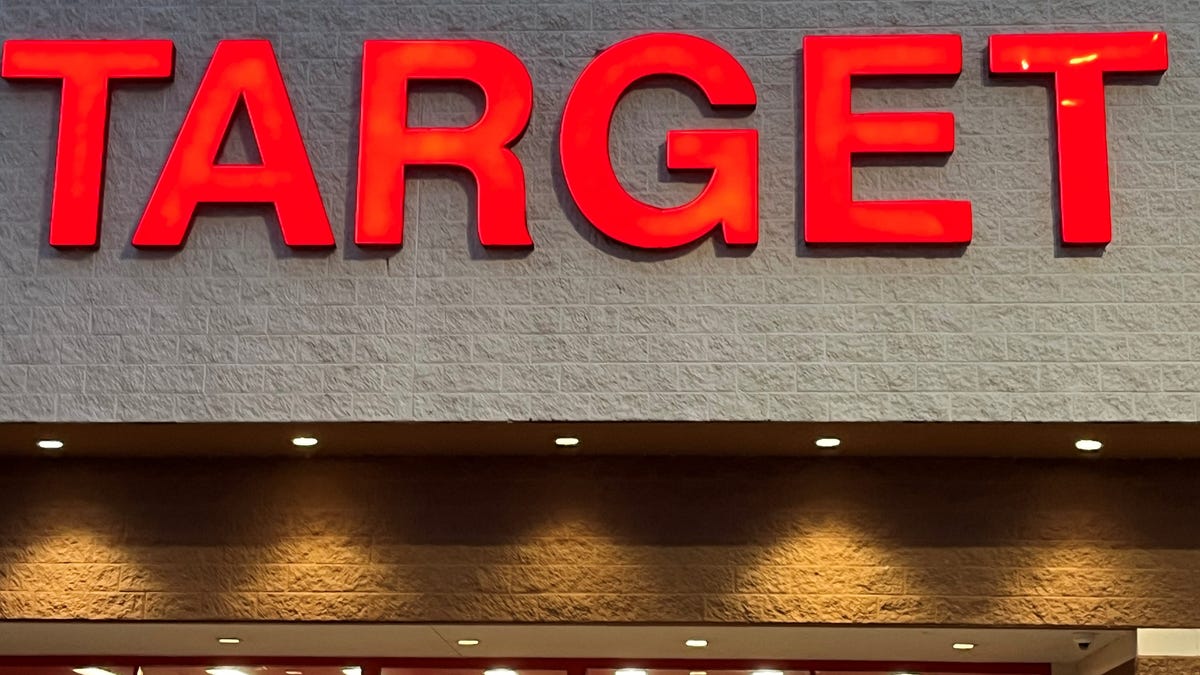
Consumer Boycotts target DEI retreats—are they working? What we know.
Consumer boycotts are targeting companies like Amazon and Target, who’ve rolled back DEI initiatives, but are they working? Here’s what we know.
An orchestrated campaign to stoke tensions over Target’s rollback of diversity, equity and inclusion initiatives deployed fake accounts to flood social media with manufactured outrage, a new report claims.
Israeli tech firm Cyabra analyzed thousands of posts on social media platform X from Jan. 1 to April 21 as shoppers vented over Target’s pullback and activists organized grassroots boycotts. It determined that 27% of the social media accounts it sampled were fake and “contributed significantly to the viral backlash.” Inauthentic sentiment surged 764% after Target’s announcement to roll back some diversity programs, Cyabra found.
The accounts impersonating Black users actively promoted calls to boycott Target, using trending hashtags such as #EconomicBlackout. Some posts accused Target of “bending the knee” to President Donald Trump, others pushed specific campaigns such as “Target Fast” or “40-day boycott” to persuade people to stop shopping at Target.
Cyabra analysts, who use artificial intelligence to identify fake accounts, also uncovered profiles posing as “conservative” voices who mocked the Target boycott. These accounts claimed they already boycott Target over its “woke” policies.
While Cyabra said it did not find clear evidence that this was also a rigged campaign to dupe Target shoppers, exploiting political and cultural divisions is a common tactic by influence operations. Similar tactics have been used against other major brands including Nike, Costco and Starbucks, Cyabra spokeswoman Jill Burkes said.
“We’ve seen this kind of behavior in disinformation campaigns tied to elections, brands and social movements around the world,” Burkes said. “When fake profiles move in sync, mimic real users and amplify both sides of a divisive issue, it’s a clear sign of manipulation. That’s what we saw here.”
Cyabra said it examined the online discussions around the Target boycott after its system flagged multiple tell-tale signs of inauthentic behavior such as spikes in engagement, rapid viral backlash, synchronized messaging, high-volume posting and an unusually high number of fake accounts.
Target did not respond to a request for comment.
The backlash against DEI gained momentum during the 2024 presidential campaign but hit a fever pitch when Trump took office and issued a series of executive orders aimed at eliminating “illegal DEI” in the federal government and the private sector.
Target was one of the corporations to make concessions in the rapidly changing political climate. In recent months, its customers have pulled back on discretionary purchases amid growing anxiety over the economy and inflation. The company also cited its decision to scrap some diversity policies as a contributor to the sharp pullback in consumer spending in the first quarter as church pastors and other community activists launched protests, spreading word of planned boycotts on social media.
Target said the boycotts dented its first-quarter performance but could not estimate by how much. The Cyabra report raises the question if the coordinated campaign of fake accounts had real-world impact on Target.
A follow-up analysis of X conversations from May 27 to June 3 found that the coordinated campaign against Target continued to resonate long after the boycotts began, according to Cyabra.
Fake social media profiles made up 39% of the accounts, on some days outnumbering authentic profiles. Many of these accounts continued to call on shoppers to boycott Target and promoted the #EconomicBlackout’s new campaign that began this week.
Nekima Levy Armstrong, a Minneapolis activist who started a Target boycott on Feb. 1, said she could not comment on the Cyabra report.
“I’m not on X and I know our people in Minneapolis have no involvement in this situation,” she said.
Contributing: Betty Lin-Fisher









